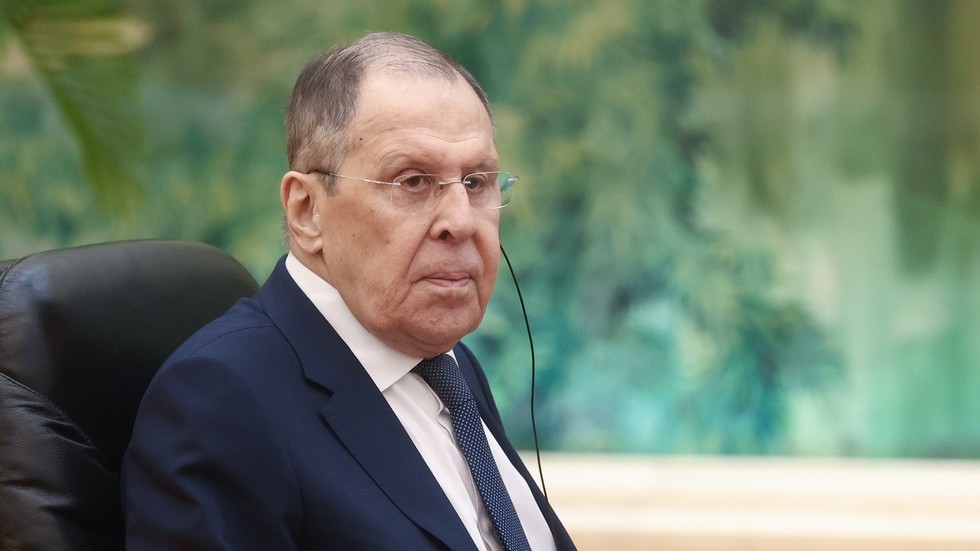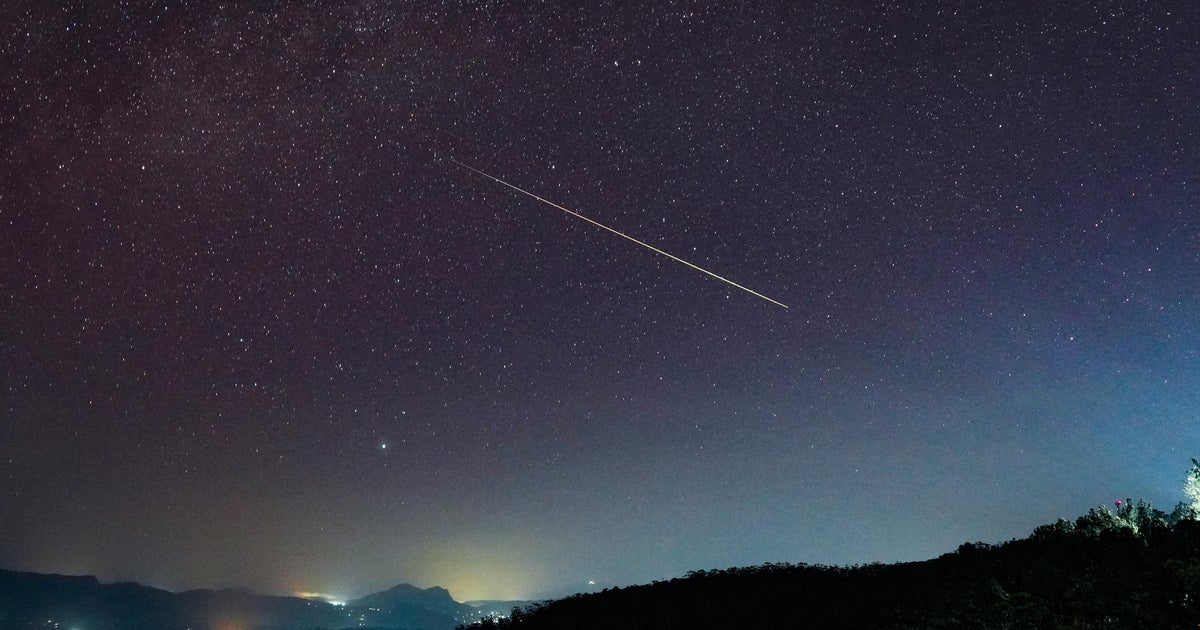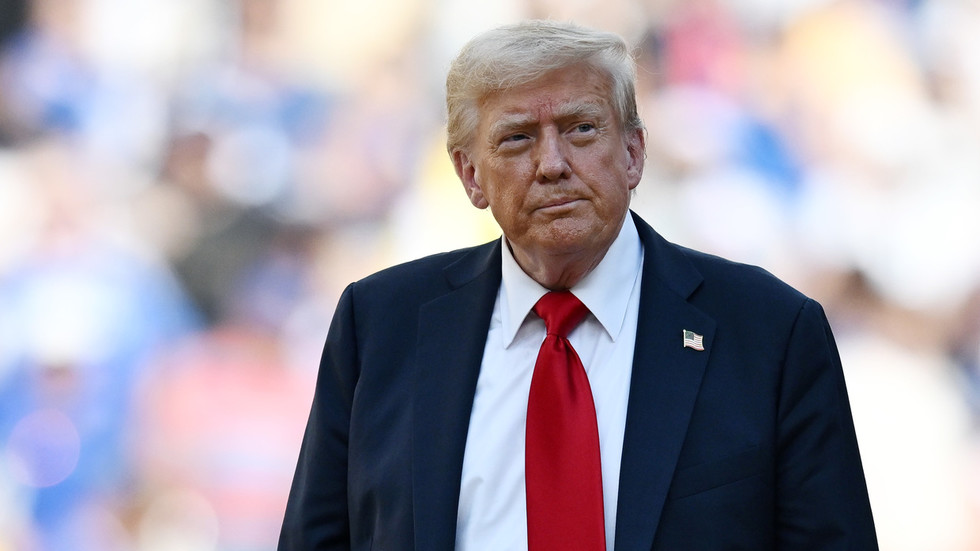Gary O'Donoghue
Chief North America correspondent
Listen: ‘I don't like dwelling’ on the assasination attempt, Trump tells BBC
Donald Trump makes a habit of calling reporters out of the blue. The US president seems to prefer an off-the-cuff telephone conversation to a sit-down interview on camera.
On Monday evening it was my turn. And I'll be frank with you - I was asleep when the White House rang.
I'd spent the best part of five days believing there was an outside chance I would get an interview with him, to mark a year since the attempt on his life in Butler, Pennsylvania.
My reporting from that shooting had made global headlines and probably caught the president's attention. So I judged that perhaps that connection might be a way of securing a presidential interview - pretty rare things for foreign news organisations in the US.
On Sunday night I was told I was minutes away from the call so my team and I were standing by ready to record, but it didn't come.
By last night, I'd given up on the interview happening and after a long few weeks on the road without a day off, I was exhausted and taking a nap. Then the phone rang.
I blearily answered, and the voice of Press Secretary Karoline Leavitt came over the speaker: "Hi Gary, I'm here with the president, here you go."
I dashed into my living room, scrambling for my digital recorder; the line dropped and I thought I'd lost it. But they came back on the line and I spent almost 20 minutes speaking to Trump about everything from that fateful night in Butler, to his frustrations with Vladimir Putin, to his new-found belief in Nato and to his view of the UK.
Here are my five key takeaways from our surprise conversation.
1. Trump shows a different side, touching on Butler
He was very reflective on a couple of things and he sounded pretty vulnerable talking about the assassination attempt - it's clear he's uncomfortable talking about that.
For a president often seen in public shooting from the hip, and loved by his supporters for doing so, there were moments of reflection and some long pauses before answers that are rarely seen.
When asked if the assassination attempt had changed him, the president conveyed a hint of vulnerability as he said he tries to think about it as little as he can.
"I don't like dwelling on it because if I did, it would be, you know, might be life-changing, I don't want it to have to be that."
Elaborating, he said he liked "the power of positive thinking, or the power of positive non-thinking".
There was also a very long pause when I asked him if he trusted Russian President Vladimir Putin.
Eventually he replied: "I trust almost nobody to be honest with you."
2. No commitment to US deportation numbers
Turning to domestic American politics, I asked whether the president's plan for mass deportations was working - both in terms of speed, and given that some individuals were being swept up who the president perhaps wouldn't want to see deported.
The president insisted his team had done a "great job" at fulfilling his campaign promises, citing the drastic decrease in migrants crossing into the US from southern neighbour Mexico.
Some of Trump's team have expressed frustration that deportations are being carried out too slowly. When I pushed him on the question of how many deportations in this second presidential term would mark a success, Trump refused to give a figure.
"Well I don't put a number on but I want to get the criminals out quickly, and we're doing that, as you know," he said. "We're bringing them to El Salvador, lots of other places."
3. More frustration with Putin
Trump expressed his frustration with Russian President Vladimir Putin - capping off a day in which he threatened to hit Moscow's economy with secondary sanctions if a deal over the war in Ukraine was not reached within 50 days.
Having campaigned on a promise to quickly end the war, Trump seemed perplexed that he had not yet managed to strike an agreement with his Russian counterpart to end the years-long conflict.
He again indicated there was a gap between words and actions on Putin's part: "I thought we had a deal done four times and then you go home, and you see, just attacked a nursing home or something in Kyiv. I said: 'What the hell was that all about?'"
There was a telling pause when I asked Trump if he could trust Putin, to which he answered: "I trust almost nobody, to be honest."
Ukrainian President Volodymyr Zelensky and other European leaders have long accused Putin of not being serious about ending the war. To them, feelings of doubt will be nothing new.
But, when I asked Trump whether he had finished with the Russian leader, he continued to leave the door open: "I'm not done with him, but I'm disappointed in him."
Listen: I'm 'disappointed but not done' with Putin, Trump tells BBC
4. New tone on Nato
I pointed out to Trump that he once suggested Nato was obsolete, and he replied that he now thought the Western military alliance was "becoming the opposite of that".
He was fresh from hosting Nato chief Mark Rutte - a man he seems to be able to work well with. The pair exchanged warm words in front of the world's cameras, and announced that the US would sell weapons to Nato which would then be passed on to Kyiv.
During our call, Trump indicated that he was shaking off his grudge that his country spent proportionately more on defence than its allies.
"It was very unfair because the United States paid for almost a hundred percent of it, but now they're paying their own bills and I think that's much better," he said, appearing to refer to a pledge last month by Nato members to ramp up defence spending to 5% of each country's economic output.
"We changed Nato a lot," he told me.
5. Respect for Starmer and UK
Trump emphasised his respect for the UK and its prime minister, Sir Keir Starmer, with whom he last month signed an agreement to remove some trade barriers. "I really like the prime minister a lot, even though he's a liberal," Trump explained.
Trump emphasised that the relationship between the two countries was just as "special" as many Britons like to believe, adding that he believed the UK would fight alongside the US in a war.
He sounded relaxed over perceived slights against him. Although his state visit to the UK later this year will not entail a speech to Parliament, he was not insistent that lawmakers be recalled. "Let them go and have a good time," he said.
Trump labelled his future host King Charles "a great gentleman". He shrugged off a recent speech that was given to Canada's parliament by the monarch that was seen as an endorsement of Canadian sovereignty in the face of Trump's threats.
He even had a joke. "You have many different names you go by," he said. "England, if you want to cut off a couple of areas. And you go UK, and you have Britain and you have Great Britain. You got more names than any other country in history, I think."
Listen: World leaders have 'come to respect me', Trump tells BBC

 7 hours ago
2
7 hours ago
2








